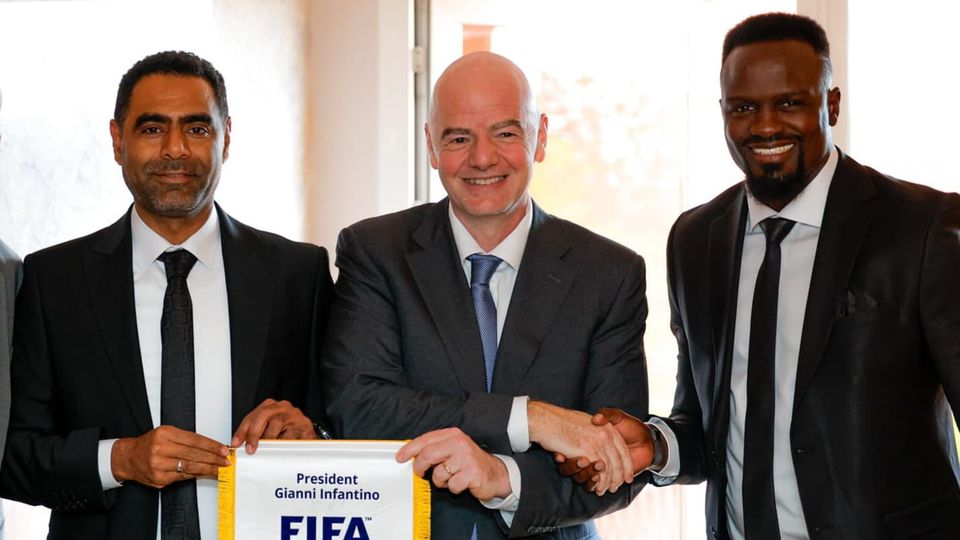The Football Kenya Federation (FKF) is currently under significant financial pressure, facing potential sanctions and deductions from FIFA due to outstanding debts and mismanagement inherited from previous administrations. The situation has put the federation in a precarious position, threatening its ability to operate effectively while it simultaneously plans an ambitious budget for the year 2025.
During a recent FKF Congress held in Nairobi, the federation’s president laid bare the severity of the financial challenges. FKF is grappling with over Sh600 million in outstanding liabilities that are severely limiting its capacity to deliver on important programs and commitments within Kenyan football. This debt burden is largely a result of unresolved disputes and penalties dating back several years.
One of the most significant financial setbacks involves the case of former Harambee Stars coach Adel Amrouche. The coach’s dismissal between 2013 and 2014 was deemed wrongful by FIFA’s Players Status Committee, which initially ordered FKF to pay Amrouche Sh60 million in compensation. Following an appeal to the Court of Arbitration for Sport (CAS), the compensation amount was increased to Sh109 million. The failure to settle this debt in a timely manner has resulted in FIFA imposing additional penalties, including a deduction of Sh5.5 million from FKF’s FIFA Forward funding as a form of financial sanction.
The federation’s financial woes are further compounded by another pending penalty linked to a disciplinary case involving Zoo FC. The club was relegated in 2021 amid match-fixing allegations, and FKF is now facing a potential fine of Sh18 million. Should the federation lose this case, FIFA has warned that it will deduct 20% from future FIFA Forward allocations to FKF, worsening the financial strain on the federation.
Acknowledging these issues, FKF’s leadership has admitted that many of the penalties and fines stem from inaction and mismanagement by past administrations. However, the current leadership has expressed commitment to working closely with FIFA, leveraging legal and administrative avenues to resolve the outstanding legacy issues and prevent further sanctions.
Despite these significant financial challenges, FKF has unveiled an ambitious budget totaling Sh2.9 billion for the 2025 financial year. This budget aims to balance the federation’s operational needs with its heavy debt obligations. Of the total budget, the national teams are set to receive the largest portion, with Sh1.2 billion allocated to their development and activities. Leagues and competitions are also prioritized, with Sh530.5 million earmarked to support their operations.
An important component of the budget, Sh415 million, has been specifically set aside for managing the federation’s growing debt portfolio. This allocation underscores FKF’s recognition of the critical need to address the financial liabilities that have been weighing down the federation’s progress.
Among FKF’s top creditors is former Harambee Stars coach Engin Firat, who is owed Sh40.6 million. Firat, who resigned in December 2024, cited unpaid wages as the primary reason for his departure, highlighting ongoing challenges in fulfilling contractual obligations to staff and players.
FKF’s current leadership insists that they are taking deliberate, firm, and transparent steps to restore the federation’s financial integrity and standing within the football community. The ongoing cooperation with FIFA and a more structured approach to financial management are seen as essential moves toward stabilizing FKF’s operations.
The federation’s future depends heavily on its ability to manage these inherited debts while continuing to develop Kenyan football through national teams, leagues, and grassroots programs. How effectively FKF can navigate these financial hurdles will have a significant impact on the growth and success of football in the country in the coming years.

